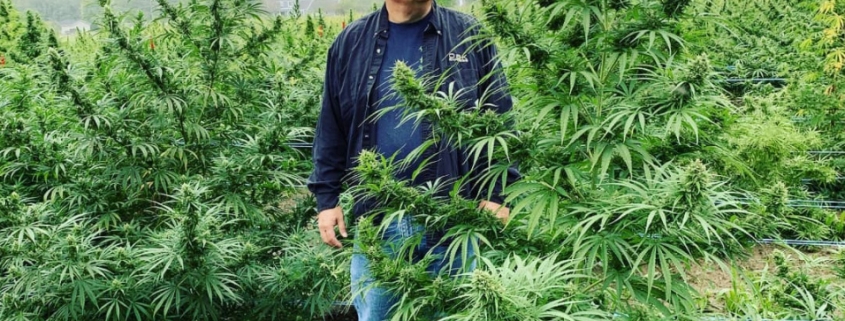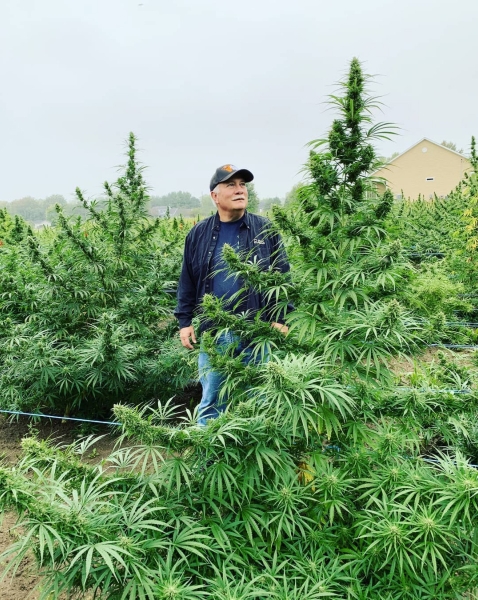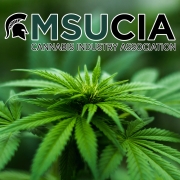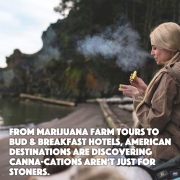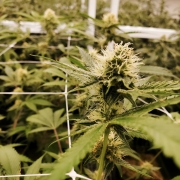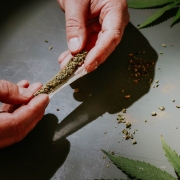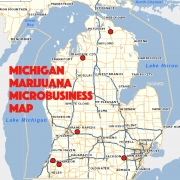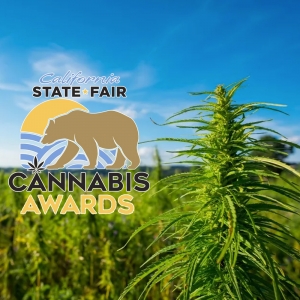Federal funding could supercharge Michigan’s Hemp growers
While cannabis containing THC is our primary focus, CBD rich hemp (marijuana with very low THC content) has the potential to be a very important crop for Michigan farmers. Emerson Wigand of the Capital News Service has an excellent story in the Great Lakes Echo about how tens of millions in federal funds could help Michigan’s hemp industry compete globally:
The state is one of four with emerging hemp industries targeted by the National Hemp Association, along with Oregon, New York and Florida. The funding would be for developing a “regional super site” in each state to aid in the industry’s growth, said Geoff Whaling, the association’s chair.
Hemp is a cannabis plant with a very low percentage of THC, the psychoactive element of marijuana. Developing the industry could benefit Michigan environmentally and economically, Whaling said. The plant has many uses, but the state’s auto industry is what makes it a target for development.
“The biggest potential use for hemp today, outside of food, is the automotive industry,” Whaling said. “That’s why we’ve called for $100 million of that money to be allocated specifically to Michigan.”
For example BMW is planning to reduce its carbon footprint by using hemp bioplastics, a renewable resource, in production, Whaling said. The growth of electric vehicles means more opportunities because hemp rope is lightweight and can hold an electric charge like copper.
The proposal comes as Michigan’s growers navigate the state plan for cultivation of hemp that lawmakers approved last year. The plan, implemented Dec.1 after U.S. Department of Agriculture approval, brought Michigan in line with the 2018 Farm Bill, which federally legalized the industry.
The USDA requirements involve state licensing and THC testing procedures to ensure plants don’t exceed the accepted threshold for industrial hemp. If samples test above the 0.36% limit, farmers have to destroy the whole crop.
“Having that final rule at the federal level is a good thing, it leads to consistency among the states,” said Molly Mott, Michigan’s hemp program specialist. “It doesn’t matter if you’re talking about hemp, or pesticides, or any other range of topics regulated at the federal level.”
The state plan is a positive step for the industry, but there are areas where the system can be improved, said Blain Becktold, the government and industry liaison for IHemp Michigan, an affiliate of the National Hemp Association.
Becktold, the owner of Down On The Farm consulting services in Spring Lake, said a big issue for some farmers is the rules regarding CBD, a nonpsychoactive compound found in cannabis plants like hemp, in dietary supplements for people and feed for livestock.
The Food and Drug Administration prohibits CBD in food products like edibles or livestock. Under Michigan’s new plan, state-licensed growers are compelled to follow the federal guidelines and could face consequences for selling CBD edibles.
Much more at the Echo & more hemp & CBD stories on the Michigan Cannabis Trail.
photo courtesy iHemp Michigan on Instagram

